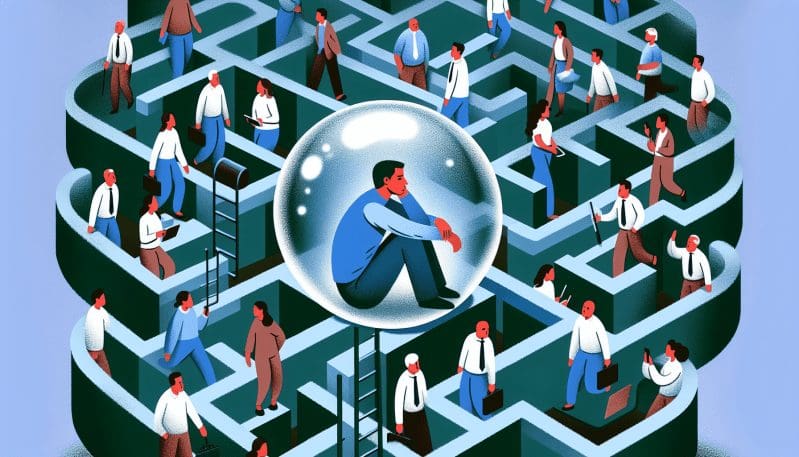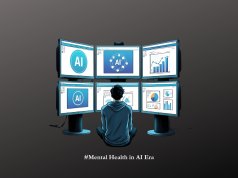In the bustling streets of contemporary society, where the hum of the ‘traditional’ economy blends with the digitized melody of the ‘flex economy,’ we find a burgeoning workforce. The gig economy, much like the cobblestone pathways of the past, is paved with the promise of flexibility and autonomy, generating a new dynamic within the labor market. Yet, beneath the allure of ‘being your own boss’ and the seemingly endless vistas of opportunity, lies an often invisible struggle that plagues the gig worker: the toll on mental health.
As we dissect the layers of this modern work structure, we find that short-term contracts and freelance work, hallmarks of the gig economy, inherently lack the traditional workplace support systems. No longer bound to office spaces or set schedules, gig workers operate in a realm of remote, independent work. This unchecked freedom, while liberating, also ushers in isolation, stripping away the camaraderie and social interactions that in-house jobs provide.
Job insecurity is yet another specter that looms over this sector. The perpetual cycle of seeking, securing, and completing gigs – a cycle devoid of the stability offered by long-term employment – can be a wellspring of stress and anxiety. This uncertainty, amplified by the absence of guaranteed income, benefits, and job security, often cascades into a sense of helplessness, challenging the very core of a worker’s mental well-being.
Evidence of the psychological impact is mounting, drawing parallels with the high-pressure environments reported by New York Times readers, among others. Anxiety, stress, loneliness – these are the silent hallmarks of the gig economy’s shadow. Yet, amidst this landscape, there are coping mechanisms being adopted by the workers themselves – from building online communities to sharing strategies for maintaining mental health and work-life balance.
Digital platforms, the very architects of the gig economy, have a pivotal role to play in providing mental health resources. They are in a unique position to offer support networks, educational materials, and even access to mental health professionals. It is time that these platforms shoulder some responsibility for the well-being of the workforce that powers them.
Policy interventions could also serve as levers of change. Proactive measures might include the provision of mental health support services, creating a framework for more stable gig engagements, and ensuring that the voices of gig workers are heard and respected in the dialogue surrounding labor legislation.
In bringing this conversation to the forefront, we invite experts and gig workers alike to share their experiences and insights. By fostering a deeper understanding of the mental health landscape within the flexible work sector, we aim to spark a conversation about sustainable work practices. The goal? To cultivate a healthier workforce that can navigate the gig economy without sacrificing peace of mind.
Unveiling the hidden mental health toll of gig work is not just about shedding light on the challenges; it’s about igniting action to build a more supportive and sustainable future for the workforce. Let’s start this important dialogue today and pave the way for a flex economy that upholds the well-being of its most vital component: the workers.




























